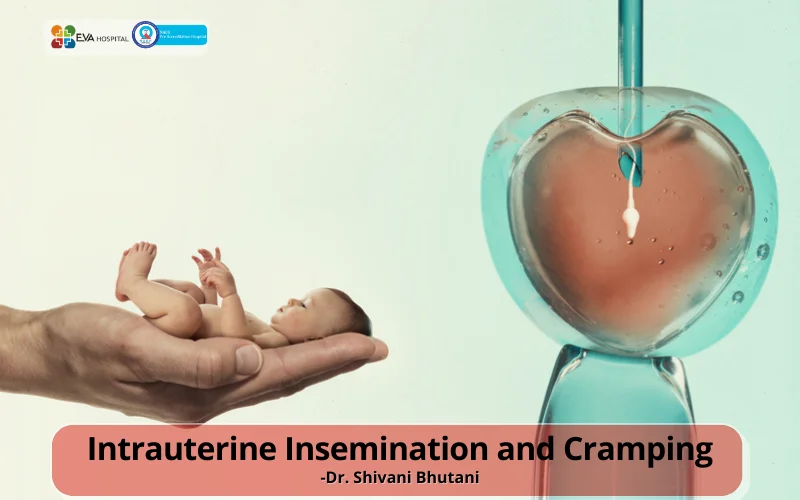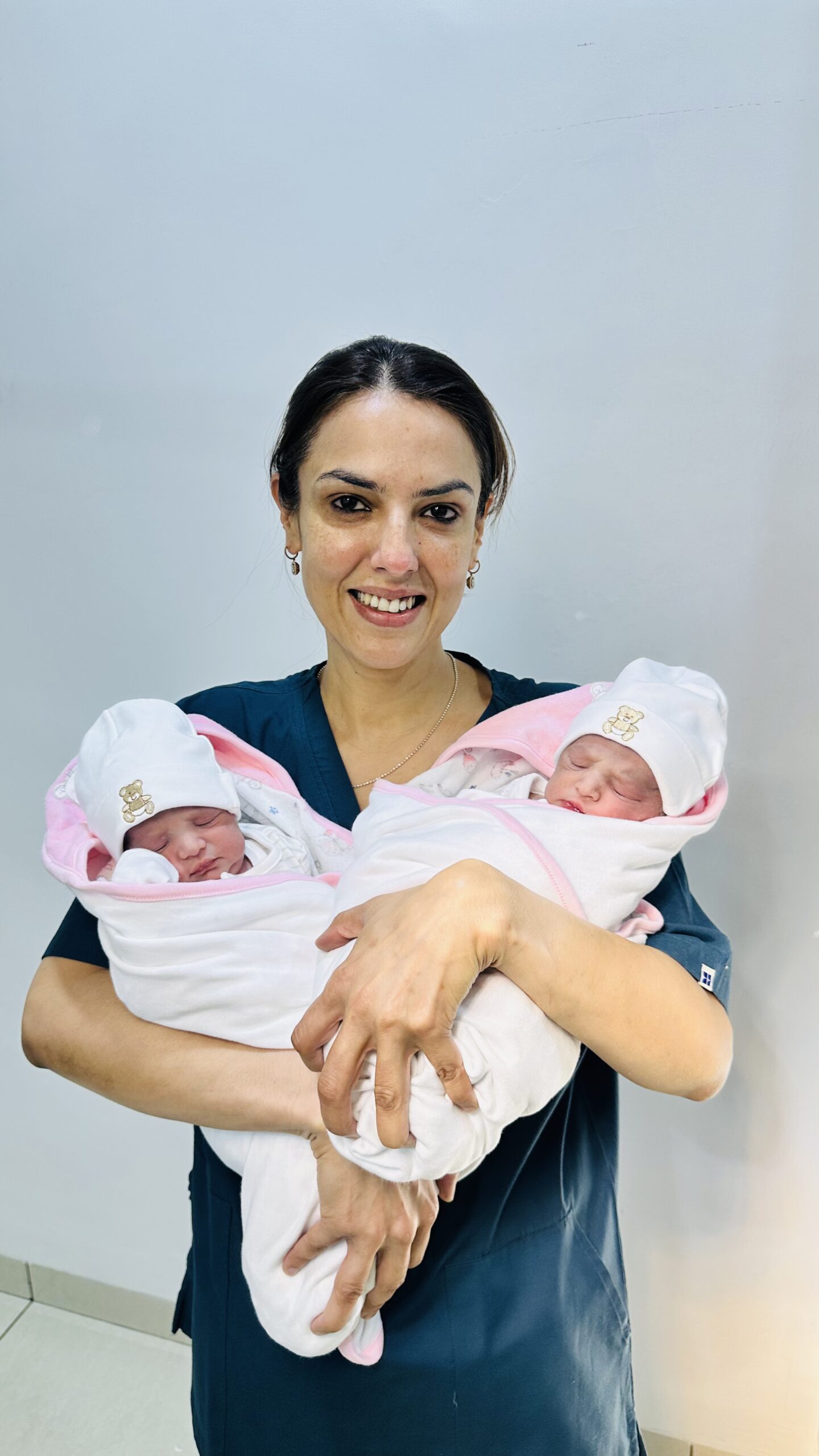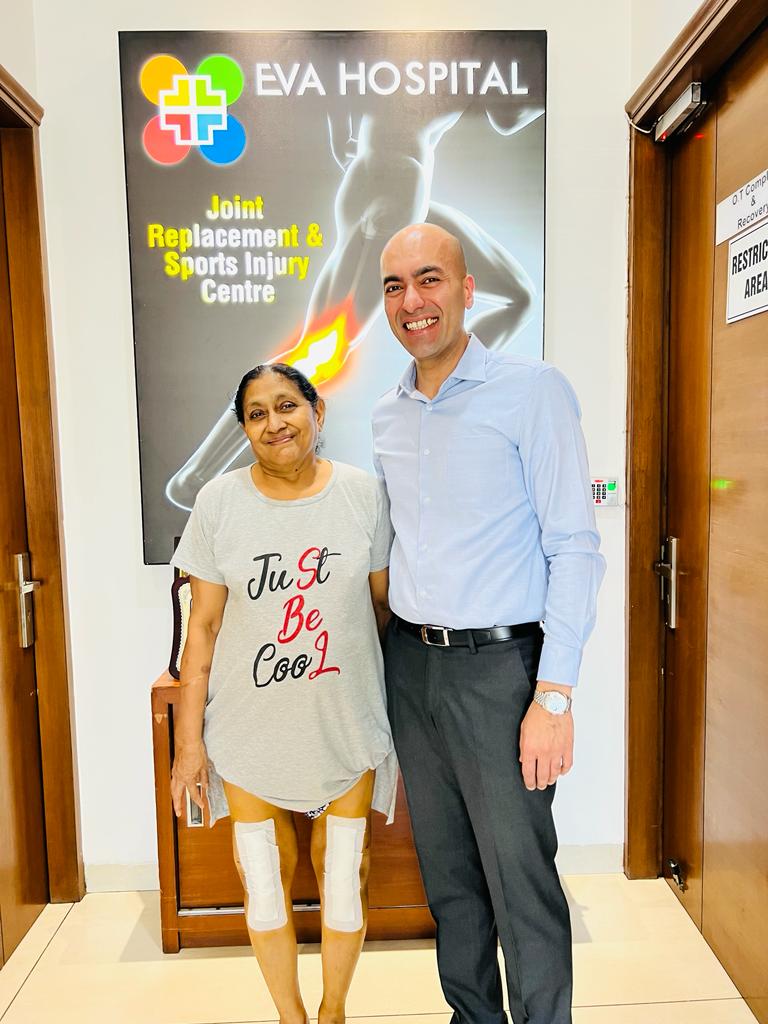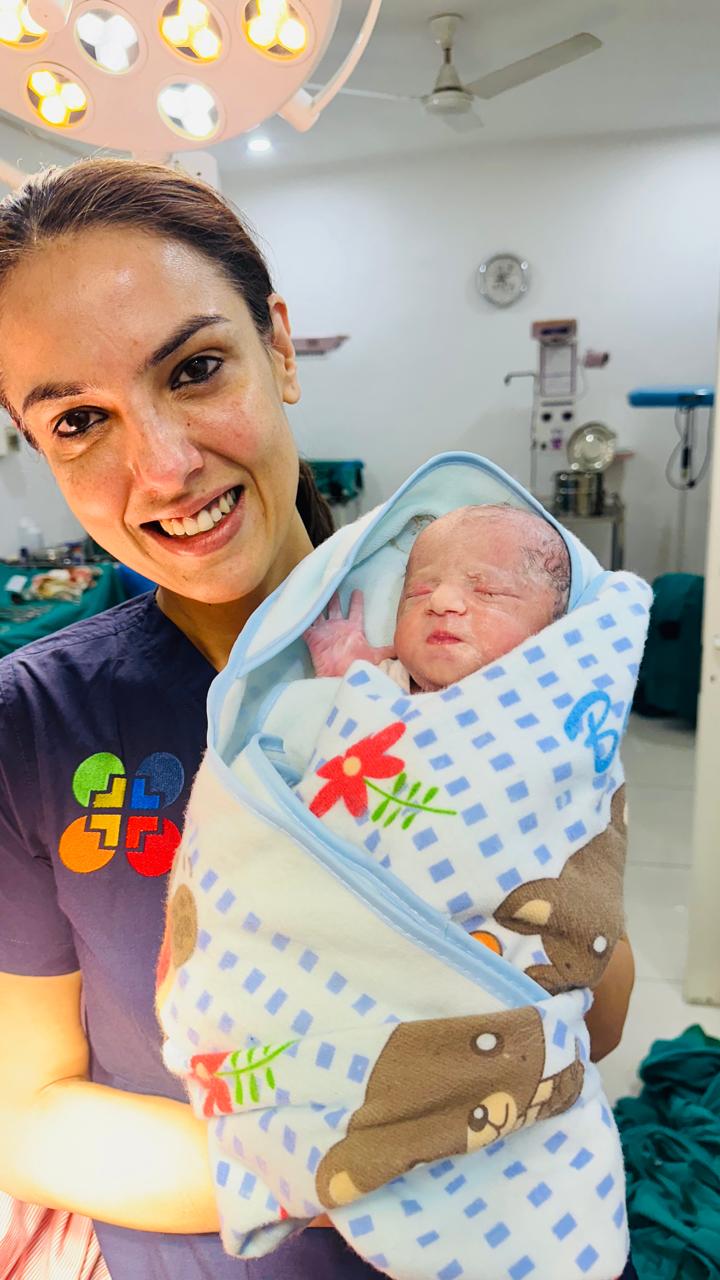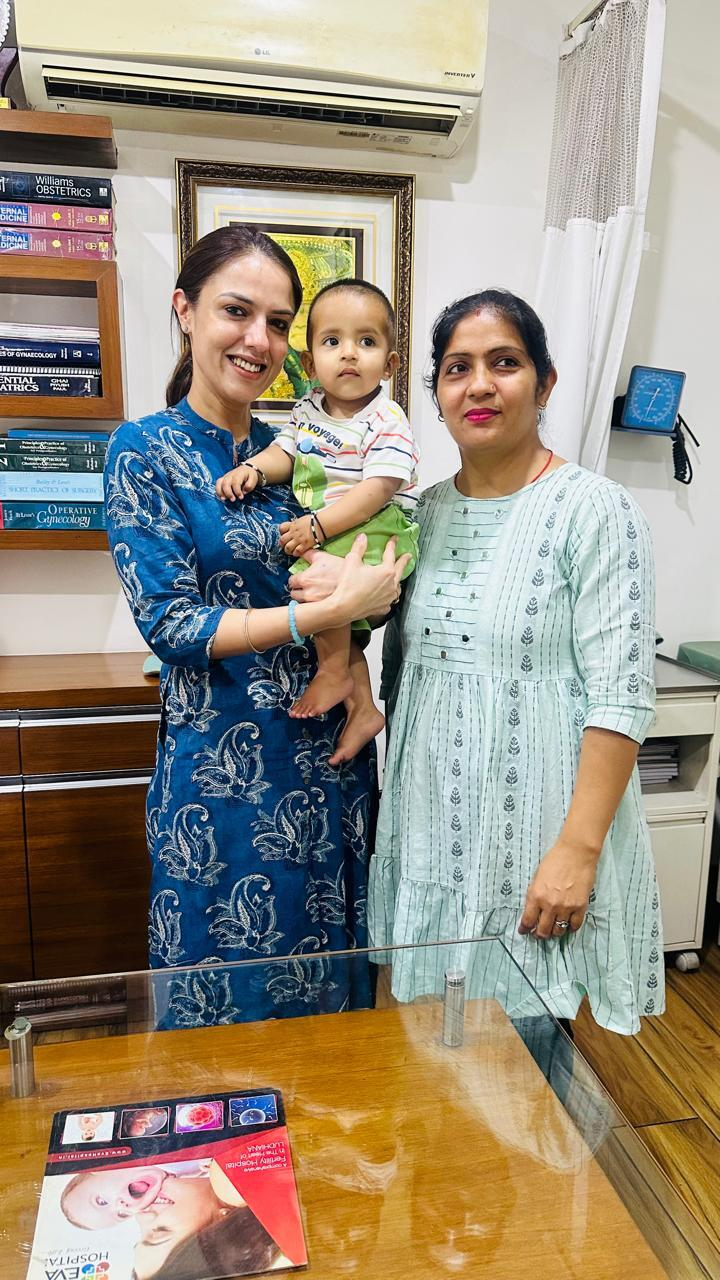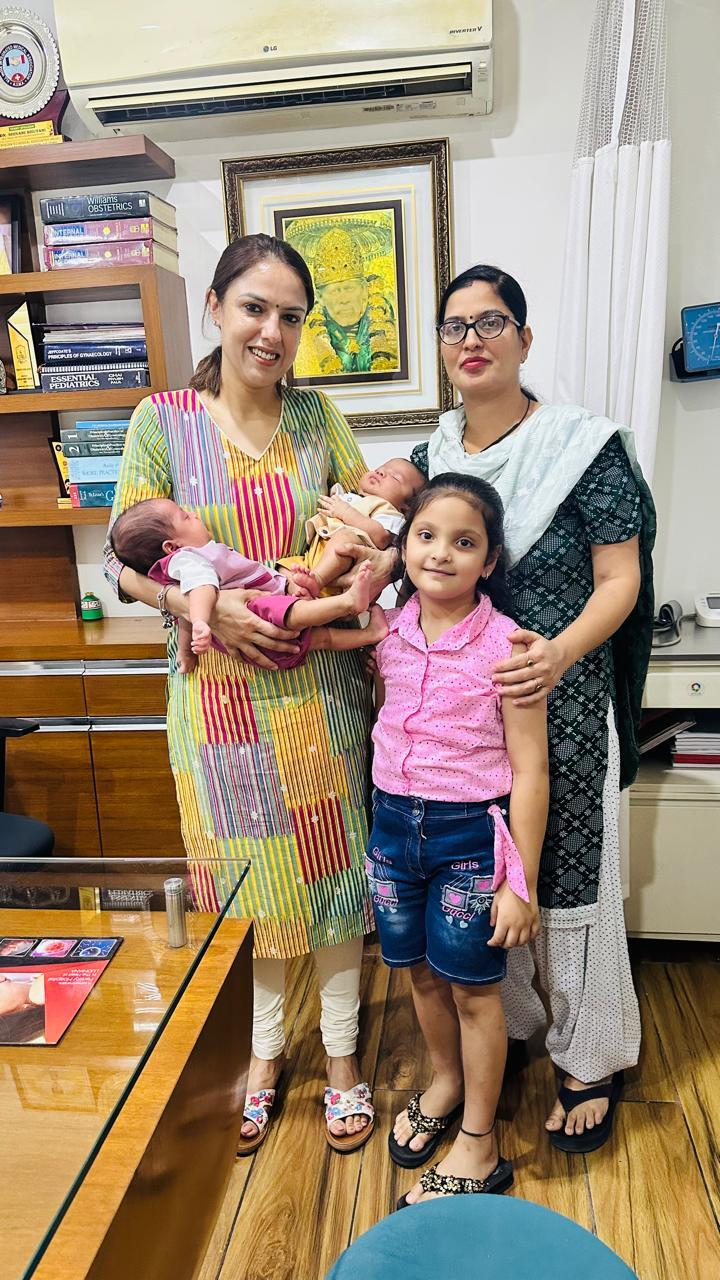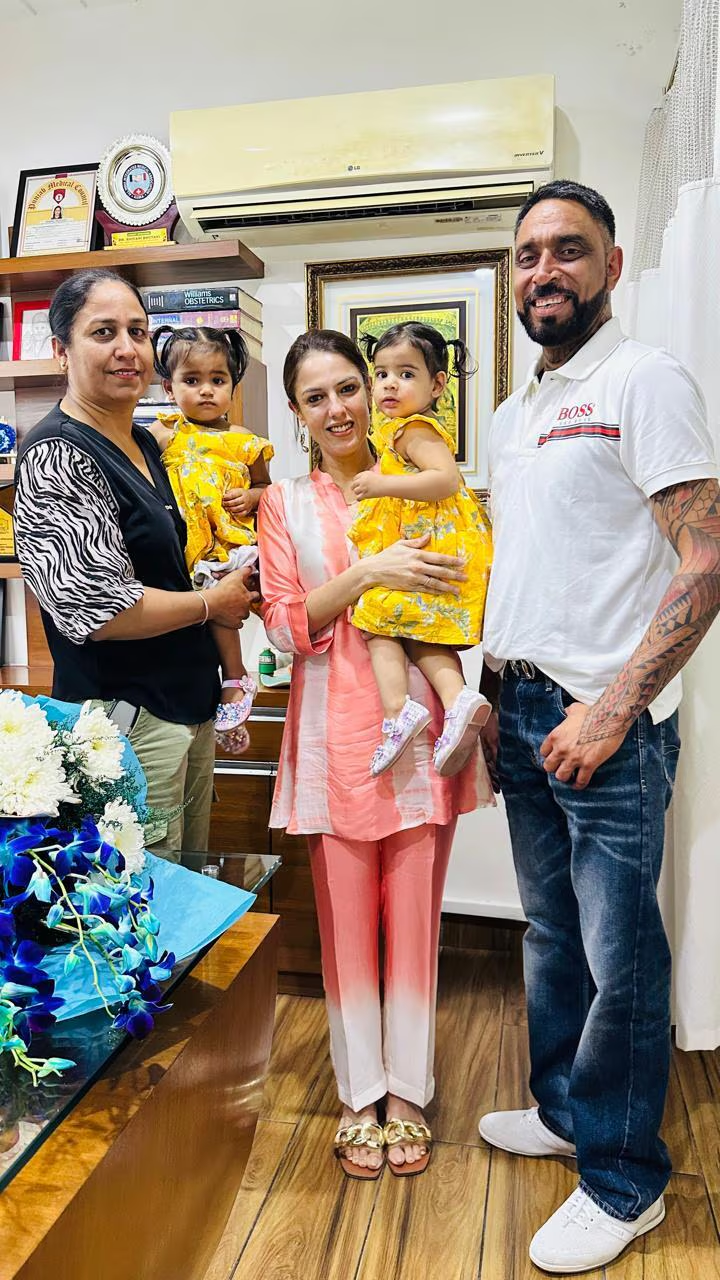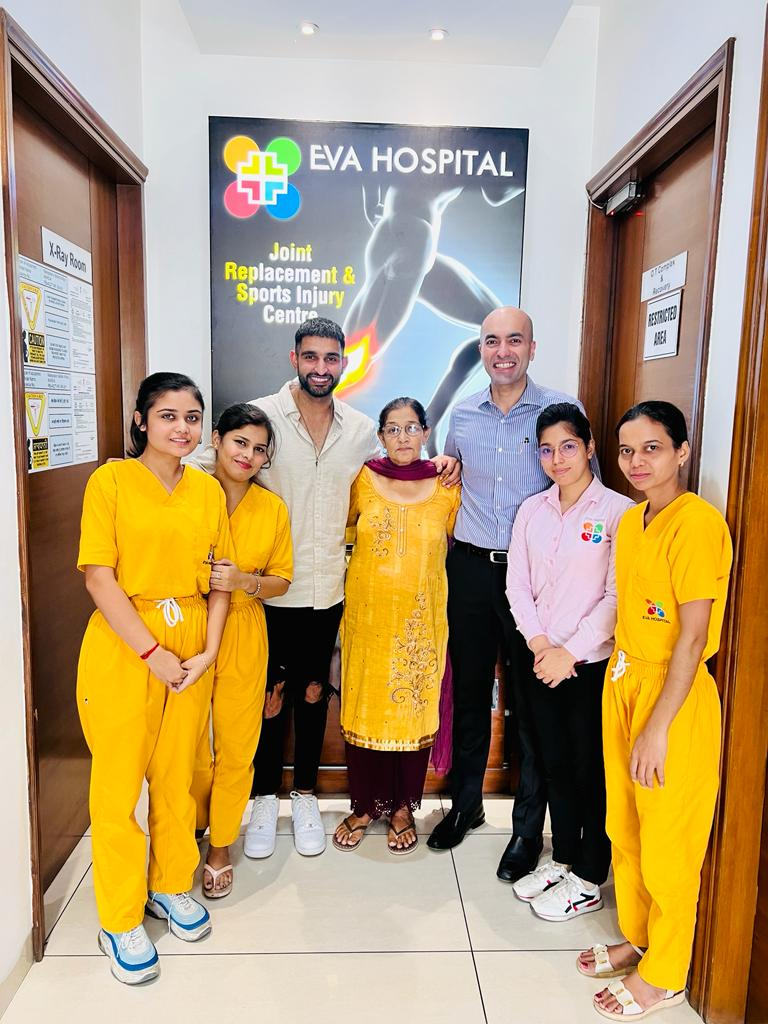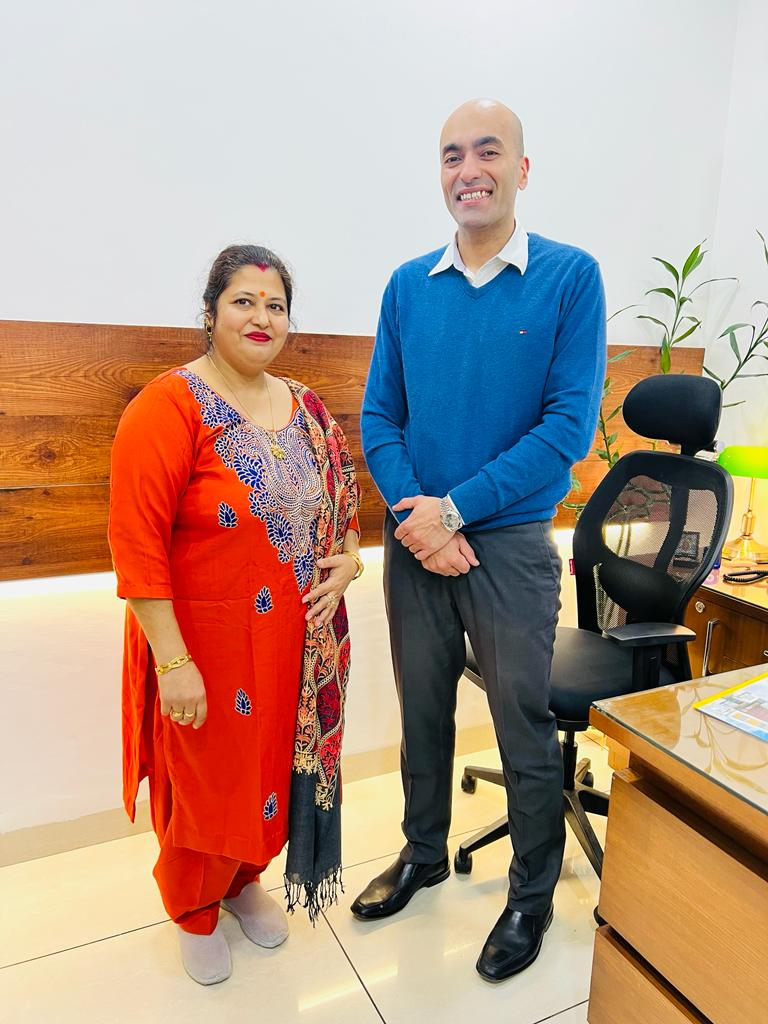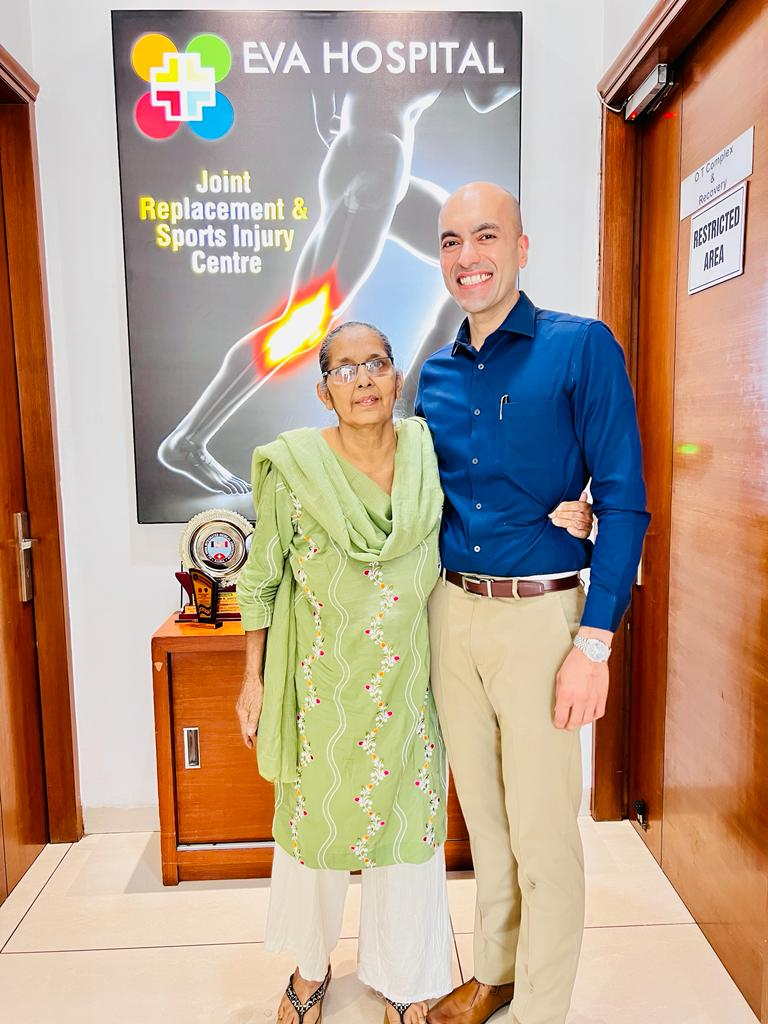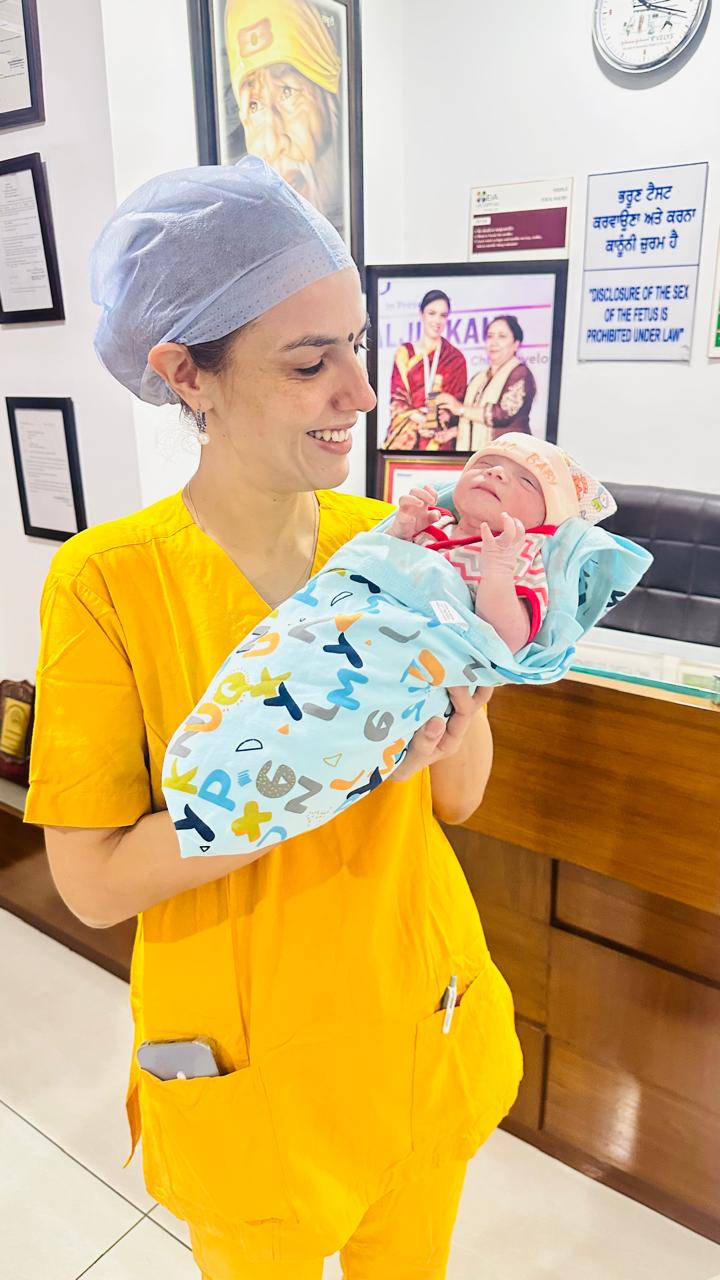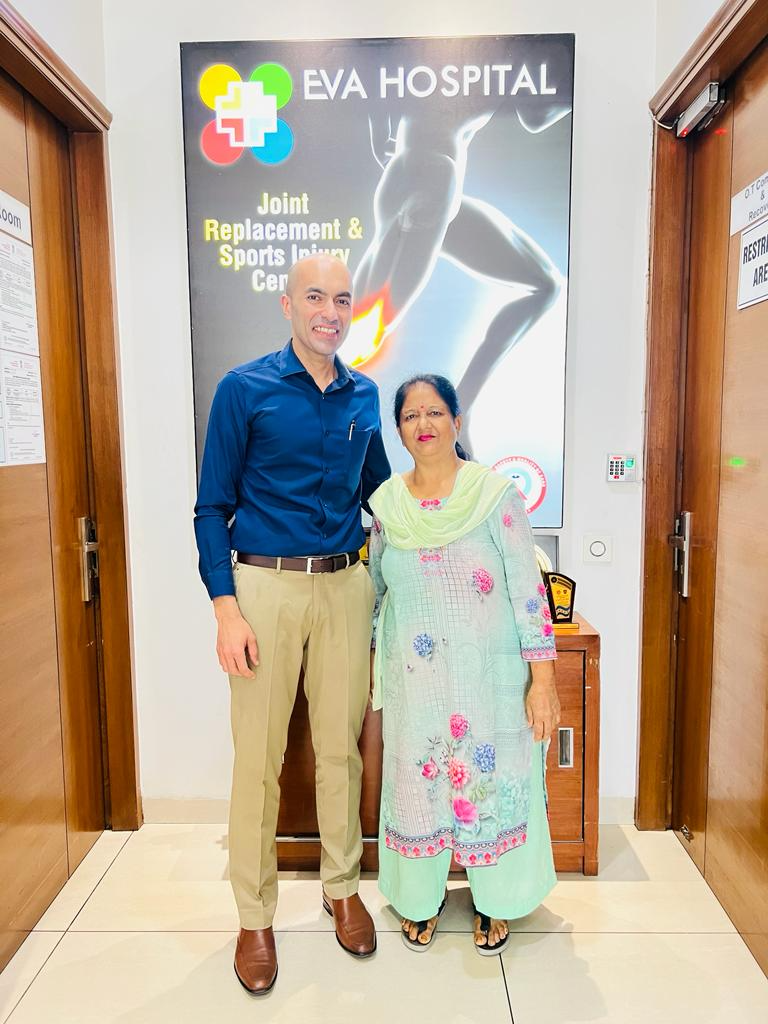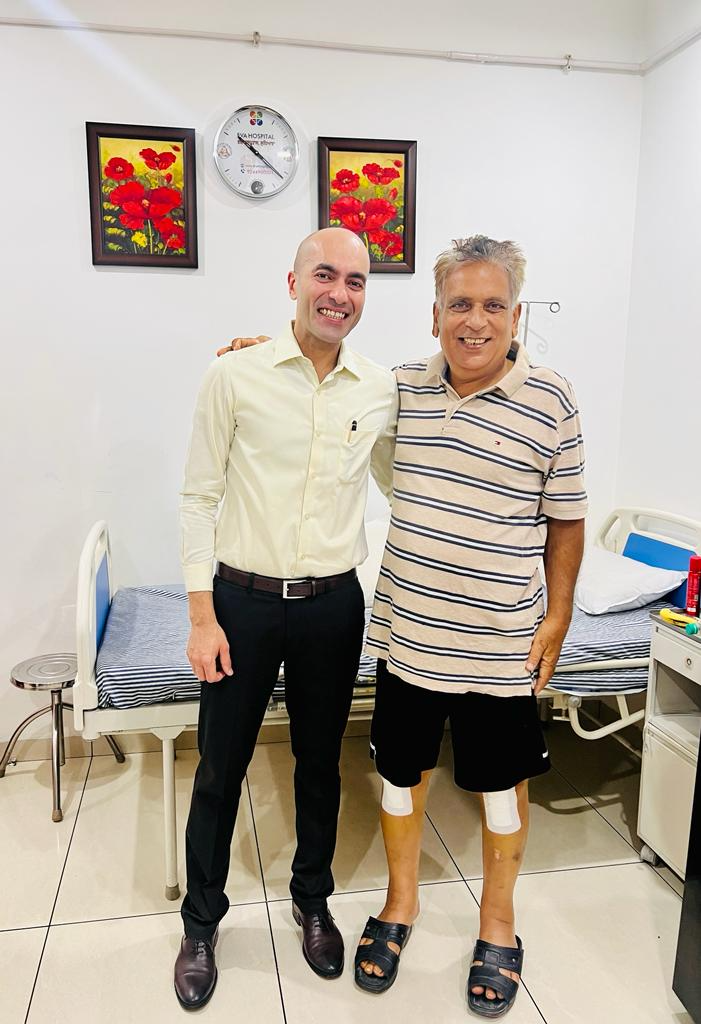Introduction
Intrauterine insemination or IUI is a simple technique and an option that can help couples, who suffer from unexplained infertility, low sperm mobilization, or other factors to conceive, before opting for more difficult fertility treatments.
It is mostly carried out with the help of ovulation-stimulating drugs.
It is mostly done around the time of ovulation. Some doctors give you medication to aid ovulation, while others work with your natural cycle, depending on your medical history and the results of your fertility workup.
Washed & sorted sperm cells, either from the male partner or a sperm donor, are placed through a catheter and are inserted directly into the uterus.
This treatment has several benefits. It places a large number of potent sperm cells directly into the uterus, making it much easier for them to reach the fallopian tubes and the egg, increasing the chance of fertilization.
IUI is an outpatient procedure with the least side effects. But some women may feel cramping after IUI.
Cramping after IUI
Cramping after IUI Is Normal as
It is a fertility treatment performed at the time of ovulation, when one, or sometimes more, an egg is released.
Ovulation can cause cramping, both when allowed to occur naturally or medications are taken. So it is normal for women to feel some cramping after the IUI procedure.
Cramping during the procedure usually occurs when the catheter is inserted through the cervix & sperm is injected into the uterus. These cramps generally get over quickly, as the catheter is removed.
Most women also experience some cramping after the procedure. They may be the normal cramps like a woman feels during her menstrual cycle or they can be caused by the procedure.
What are cramps?
Pain in the abdomen caused by involuntary muscle contraction is known as cramps.
Symptoms
- Nausea
- Vomiting
- Pain in the back and thighs
Causes of Cramping
Some other causes can be:
Uterine irritation: The catheter used to inject the semen into the uterus can on occasion cause irritation. Mild cramping may occur when the uterus is irritated.
Cramping from ovulation: Sometimes the women feel cramping could be from ovulation and not the Intrauterine Insemination procedure. Cramping may be worse than normal if medication has been taken to increase the number of eggs released during ovulation and thus multiple follicles have ovulated.
Implantation: If treatment was successful and an egg was fertilized, the cramping may occur many days after Intrauterine Insemination treatment also. In the early stages of pregnancy, cramping can be an indication of the embryo implanting into the wall of the uterus.
After ovulation: Even if the pregnancy does not happen after the Intrauterine Insemination treatment, some women might experience cramping, typical to the one a woman feels before she gets her period.
Alleviating the Cramps
Most of the women who experience cramps after IUI can go about their day without feeling too much pain.
Remedies you can use to relieve you of pain:
Most of the remedies used for regular menstrual cramps are good for relieving cramps after Intrauterine Insemination treatment like
- Wearing comfortable clothes
- Resting
- Consulting the doctor to prescribe you a painkiller
You must avoid:
- Extremely hot bath
- Sauna
As fetal development can be hampered due to the rise in your body temperature.
Read, More:- IUI vs IVF: Know What is Right for You
Cramping as a Cause of Concern
Some cramping after embryo transfer is natural and not a cause of much worry as it can be a signal of pregnancy.
Consult a doctor immediately if you have:
- Abnormal vaginal discharge
- Fever
- Dizziness or lightheadedness
- Shortness of breath
- Nausea and vomiting
- Severe abdominal or pelvic pain
Takeaway
Intrauterine insemination is a quite low-risk treatment and a great option for couples trying to conceive. But it might be followed by little discomfort or cramping which is manageable.
Dr. Shivani Bhutani is a renowned fertility specialist who has changed many lives through her IUI and other treatments. Her vast experience ensures high success rates in both IUI and IVF treatments.
Contact for appointment

